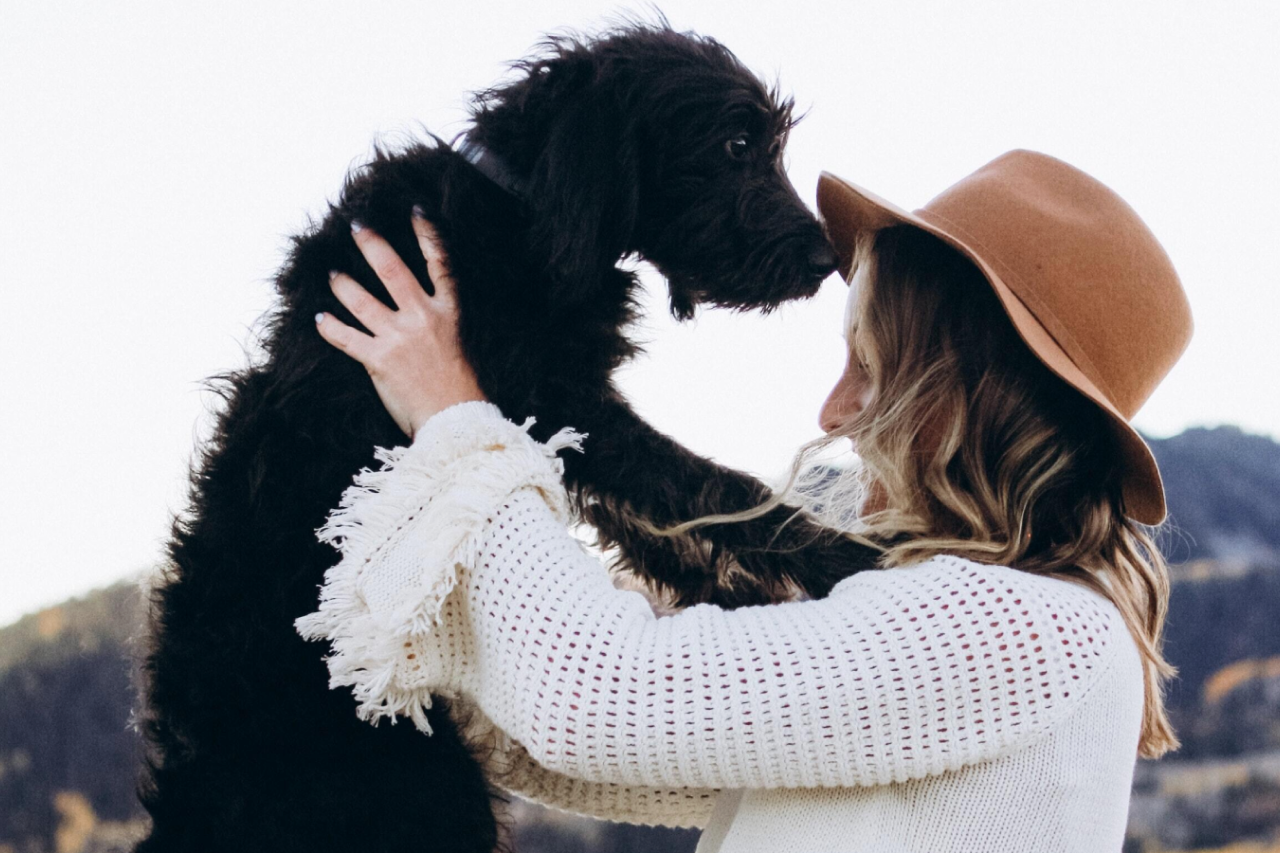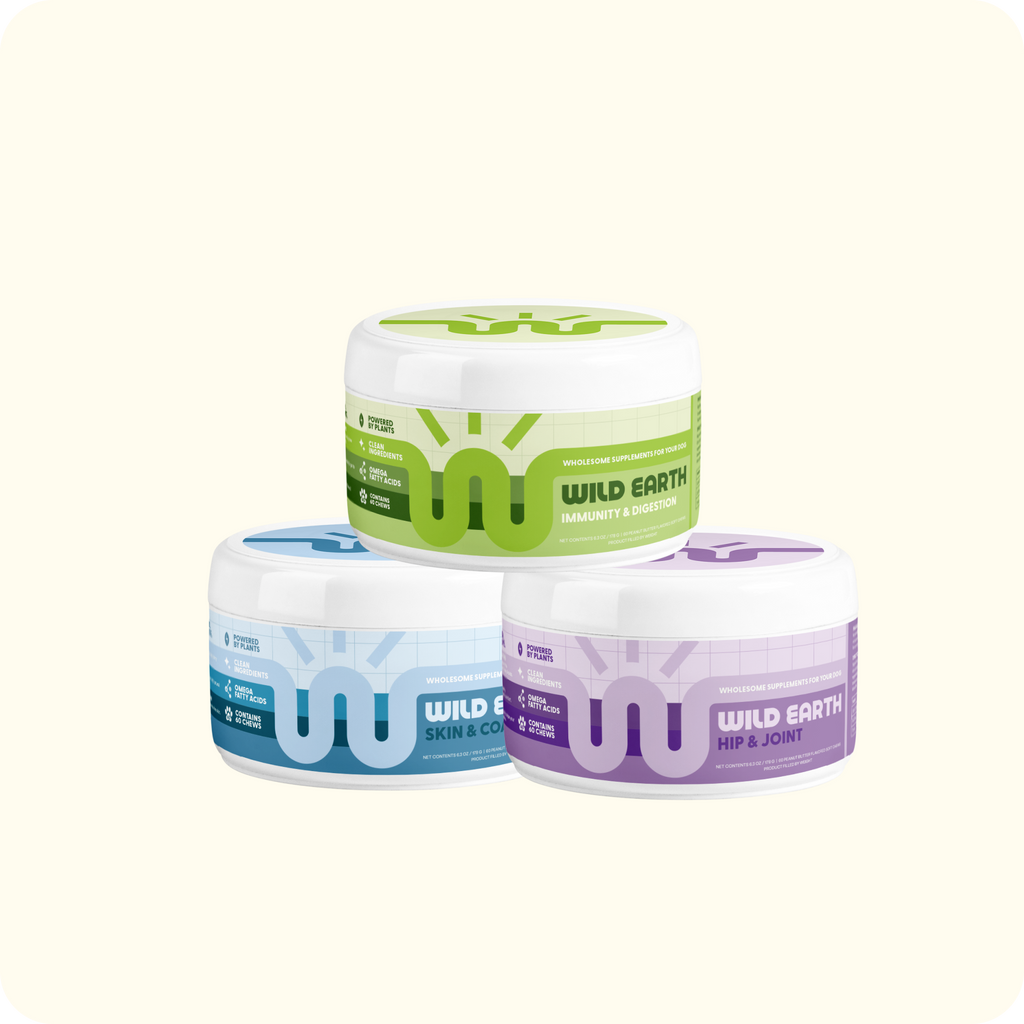
National Rescue Dog Day - Tips For Adopting A Rescue Dog
Adopting a rescue dog can be one of the most exciting and rewarding things you can do for your family as well as your new furry family member. National Rescue Dog Day takes place every May 20th and today you will learn about the importance of this holiday as well as provide you with tips for adopting a rescue dog.
What Is National Rescue Dog Day?
National Rescue Dog Day takes place every year on May 20th with the goal of bringing awareness to the millions of dogs around the world who are in shelters or rescue organizations without a home. It is estimated by the ASPCA that approximately 3.1 million dogs are currently in animal shelters in just the United States. Unfortunately, it is estimated that each year around 1 million companion animals are euthanized in U.S shelters because of the lack of space and resources required to support them.
There are millions of dogs around the United States who are looking for their forever home and thanks to the National Rescue Dog Day Organization as well as countless other organizations we are seeing more and more dogs rescued each year. We believe every dog deserves a loving home and we strive to spread the word about National Rescue Dog Day which takes place every May 20th.
We compel you to learn more about the holiday, get connected with organizations that are fighting to help these millions of dogs around the U.S, and finally, we compel you to think about how you can help the rescue dogs around the world.
Start Your New Pup Off on the Right Paw with Wild Earth
Tips For Adopting A Rescue Dog
Adopting a dog from a shelter or a local rescue organization can be an incredibly exciting time for your family as well as your new family member! There are a handful of tips and words of advice that you should be aware of in order to help your rescue dog thrive and feel as comfortable as possible.
What To Do Before Bringing Home Your Rescue Dog
The decision to adopt a rescue dog should be a decision that is fully thought through by yourself as well as your family. The decision to rescue a dog will have a long-term impact on the day-to-day lifestyle of your family and a lifelong impact on your rescue dog so you must make sure you are committed to giving your new family member the best life possible.
Once you know for sure that you and your family are ready to adopt a rescue dog then you should start preparing your home for their arrival. You should determine which part of the house you plan on your new dog spending most of their time and if you will be utilizing a crate to help train them. Many rescue dogs will be under a lot of stress because of the change in environment so you should be prepared to make the transition as easy as possible.
It is important to "dog-proof" your home to make sure your home is safe for your new pup. This means you should remove any dangerous ingredients or items from the home. You can remove any valuable items from your dog's reach and maybe even think about installing baby gates to keep your new dog safe.
It is also recommended that you purchase a leash, collar, and ID tag with your dog's name and your contact information on it. This is important in the case that your dog escapes or is lost in order to help them find their way back home safely.
Slowly Introduce Them To Their New Family Members
Once you have your home prepared for your pup's arrival then you can start to slowly introduce them to your family members and their new home. The change in environment and the introduction to new people or animals can be stressful for your new dog. This is why it is important that you take this entire process slowly.
It is important to be patient with your new dog and give them time to slowly explore their new home. Dogs are naturally curious and will typically want to explore their surroundings in order to feel safe. You should allow them the opportunity to explore and get accustomed to their surroundings and their new home.
When you are ready to start introducing your new dog to family members and animals it is recommended to take this process cautiously. You don't want to overwhelm your dog with too many people or animals surrounding them all at once. It is recommended to give your dog the opportunity to explore your home before introducing them to family members or other dogs. This will give your new rescue dog the opportunity to be more comfortable in their new environment before introducing them to new family members.
When introducing your rescue dog to family members or animals it is recommended to do this one family member at a time. This will make the process easier for your rescue dog and will make it less stressful for them. Once you have slowly introduced your dog to new family members you can start to introduce them to larger groups of family members and friends.
Start Creating A Routine And Structure
As soon as your rescue dog has become a bit more situated with their new surroundings then it is important to start a routine as soon as possible. Dogs thrive in a household with a routine and a level of structure. This helps keep your dog calm and helps them understand when they will be able to eat, go outside, and when family members will be home.
The most important parts of the routine that your dog needs are a consistent eating structure as well as a consistent time for exercise and going outside to the bathroom. Your dog will thrive on consistency and will thrive when they are receiving enough exercise and playtime for their mental stimulation.
In order to create a routine and structure for your dog, it is recommended that you communicate with your family members about the different responsibilities required. Maybe one family member will be responsible for feeding your dog every morning and night and another family member will be responsible for walking them every day. It is important to communicate these responsibilities and to set a routine for your new dog.
Establish A Relationship With A Veterinarian
Shortly after bringing home your new pup or even before bringing them home, it is a good idea to establish a relationship with a local veterinarian. You can look for a recommendation for an established vet from the shelter or from family or friends. It is recommended that you bring your dog to your vet for a baseline health evaluation within the first few days of bringing your dog home.
A baseline health evaluation will give you a good starting point and will help you understand any current health issues your rescue dog may have. The shelter you rescue your dog from will typically give you a rundown of any known health issues but it is possible that their initial analysis will have a few missing issues. This baseline evaluation will also help your veterinarian understand your dog's health and give them something to compare it to as your dog ages over the years.
Your veterinarian will be able to help keep your dog healthy and will be a great resource for any questions you have about your dog's health or any behavioral issues that may arise.




































